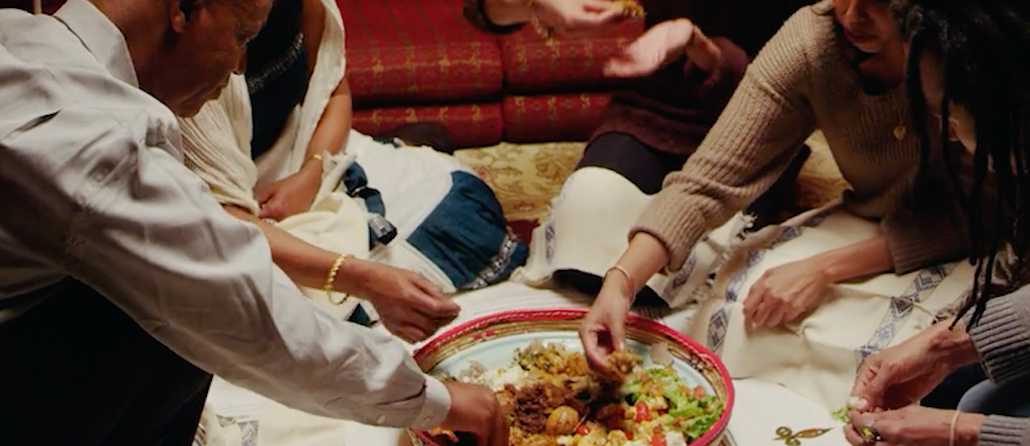Last chance to save on Digiday Publishing Summit passes is February 9

Atlanta based hip-hop artist Stic Ibomu reformed his eating ways when he turned vegan. His story is one of five that food brand MorningStar Farms chronicles in its new docu-series “The Veg Effect,” which is trying to get people to eat more vegetables.
The Kellogg’s brand is not alone. With the ascent of on-demand video platforms like Netflix and Hulu, digital video marketing is no longer just overtly promotional ads. Advertisers, including MAC Cosmetics and Kleenex, are embracing branded documentaries.
“There is definitely more of this type of content than before with more and more brands jumping on the bandwagon,” said Jen Choi, senior social marketing manager at Huge. “Brands know that consumers today have a strong bullshit radar and are not as receptive to traditional ads as they used to be, and it also allows them to showcase a great brand narrative.”
For MorningStar Farms, the series was a logical extension of its larger campaign, “Just What The World Ordered.” It highlights the ways people can incorporate more vegetables in their diets and how simple changes can improve their health and the environment. The series was produced by Red Tettemer O’Connell + Partners and Washington Square Films and directed by Alison Klayman, an independent filmmaker and journalist. It’s available on-demand for free on Amazon, Google Play and iTunes.
“Being such an emotive and communal experience, food lends itself well to long-form video,” said Todd Smith, director of brand and innovation marketing at MorningStar Farms. “It could be made even more powerful by showing real people and their real stories.”
In the past, brands often repurposed their television spots for social media. Today, they’re betting original content can resonate better with consumers when it doesn’t look so much like an ad. With documentaries around social issues — like the transgender community in the case of MAC and running a sustainable coffee business in Illy’s case — brands hope to gain legitimacy in the eyes of consumers.
The documentary format doesn’t necessarily come naturally to brands, though. They’re expensive to make and require a strong voice and compelling narrative. That’s where companies like SAV Studios, a Los Angeles-based production studio, fit in. SAV has connected brands like Vizio and Gatorade with award-winning filmmakers from Tribeca and Sundance. Some clients have even bypassed their agencies to work directly with these filmmakers.
“The stigma among filmmakers against advertising has started to fade away,” said James Shani, founder and CEO of SAV Studios. “Brands let them tell real stories from a point of view that isn’t coming from the brand.”
To this end, hiring accomplished directors and filmmakers like Sundance award winner Klayman is also another way to be more authentic, even though the end goal is still to boost sales.
“The key is to have a narrative,” said Huge’s Choi. “You’re not selling the value of function; you’re selling the value of emotion.”
More in Marketing

GLP-1 draws pharma advertisers to double down on the Super Bowl
Could this be the last year Novo Nordisk, Boehringer Ingelheim, Hims & Hers, Novartis, Ro, and Lilly all run spots during the Big Game?

How food and beverage giants like Ritz and Diageo are showing up for the Super Bowl this year
Food and beverage executives say a Super Bowl campaign sets the tone for the year.

Programmatic is drawing more brands to this year’s Winter Olympics
Widening programmatic access to streaming coverage of the Milan-Cortina Games is enabling smaller advertisers to get their feet in the door.





